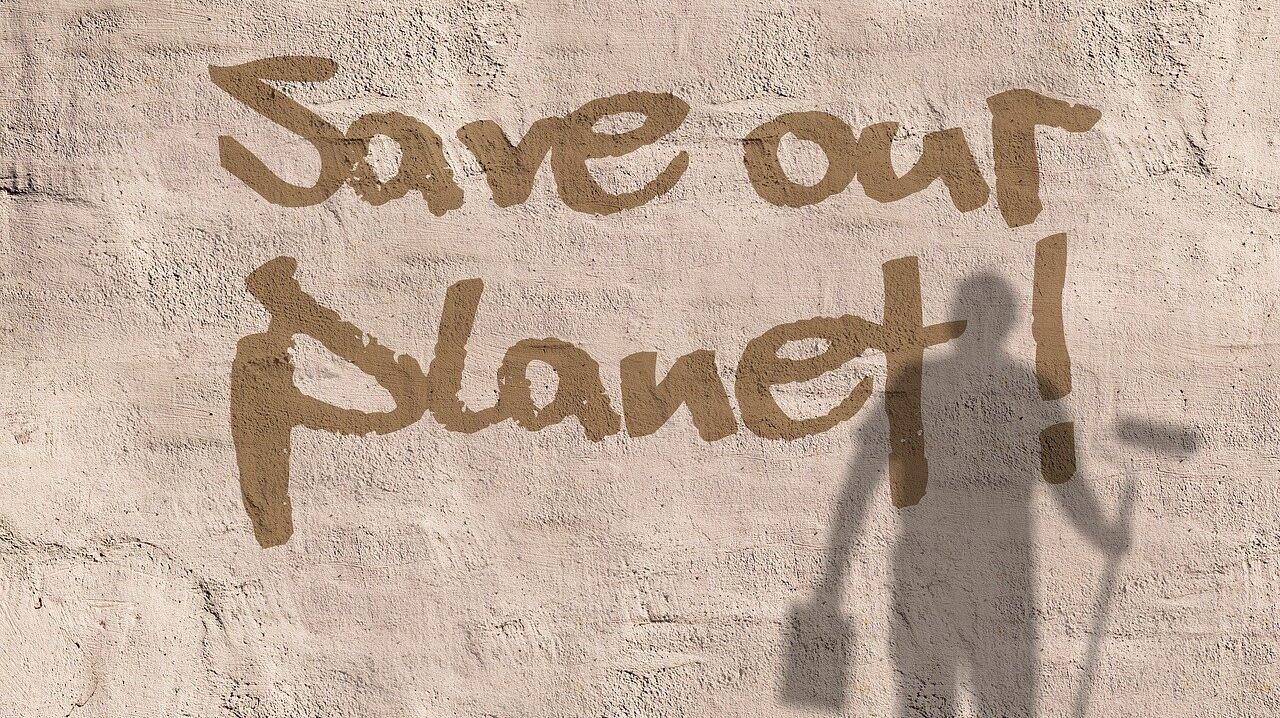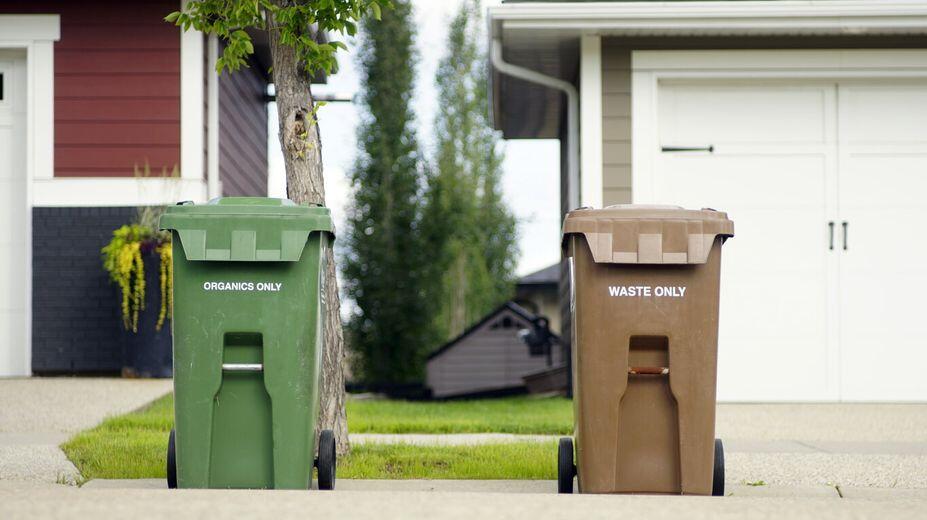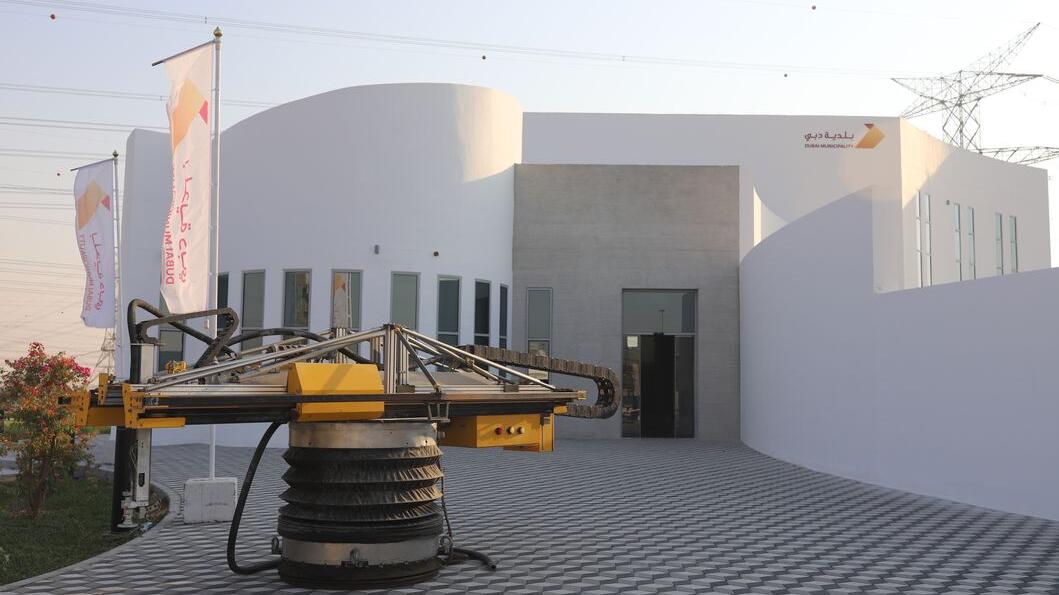 Buildings & Transport
Buildings & TransportBuildings & Transport
The European Union announced a major renovation wave last fall. It wants to double the rate of renovation in existing buildings over the next ten years. Efficient new buildings are important, but they contribute little to achieving climate protection targets. If no additional measures are taken, CO2 emissions from the building sector in 2030 will be 28 million tons higher than envisaged in the German governments climate protection plan. In mid-October 2020, the European Commission published its strategy for a renovation wave to improve the energy efficiency of buildings in Europe. This should improve peoples quality of life, reduce greenhouse gas emissions and support digitization. A key background to the renovation wave is that many millions of Europeans:inside cannot afford to heat their homes. Improving energy efficiency also serves to combat energy poverty and improve peoples health. To reconcile sustainability with design, a new European Bauhaus is to be launched to reconcile aesthetic and affordability with artistic ambition in a sustainable future, says the Commission.
Read Full articleNew report from JRC: Enabling Positive Energy Districts across Europe: energy efficiency couples renewable energy
New report by European Commissions Joint Research Centre. It aims to understand how to handle energy performance targets. This is a relatively new endeavour in both scientific research and realised projects. There are several ‘zero energy and ‘energy community concepts that.
Read Full articleNew JRC report: Untapping multiple benefits: hidden values in environmental and building policies
Findings show that green policies can improve both our health and the economy. Study provides guidance to policy and decision-makers in developing a methodology for the inclusion of multiple benefits in a cost/benefit assessment of energy efficiency policies. It is envisaged that.
Read Full articleHow will energy look in 2030? My 10 predictions for the next 10 years!
Ten years ago Matt Cardle was Christmas number one (anyone remember Mr Cardle?) and David Cameron had just started his 6 years in office. The UK Government predicted in its base case energy scenario that in 2020 electricity generation would be delivered with 75T.
Read Full articleElectric cars better for climate in 95% of the world
Study by universities of Exeter, Nijmegen and Cambridge found that electric cars lead to lower carbon emissions overall. Under current conditions, driving an electric car is better for the climate than conventional petrol cars in 95% of the world. Study projects.
Read Full articleZero waste system: Rebuilding capital for a circular economy
The number of zero-waste city projects is growing in Asia. But traditional development capital for waste systems is often misaligned with zero waste approaches. Incineration is the most expensive waste treatment system for construction, maintenance, and operations.
Read Full articleTaking control of the energy transition… 5 ways our cities can tame the energy beast!
Cities of any size need to draw a line in the sand and assess where they are today. Assess what is the cities current consumption, what infrastructure assets already exist, how is energy already used? Take small steps now in the direction you want.
Read Full articleAn initiative to establish battery cell production in Germany and Europe
Two large-scale European projects are currently being developed in Europe to innovate and manufacture battery cells. The projects are to cover the entire value chain of battery cell manufacturing, from the materials to manufacturing and recycling. European Commission gave go-ahead for .
Read Full articleChina is investing $13 trillion in construction. Will it pursue zero carbon buildings?
China has the largest buildings market in the world, making up 20% of all construction investment globally. China is expected to spend nearly $13 trillion on buildings by 2030. Building operations are responsible for 28% of global energy-related carbon emissions.
Read Full articleDubai announces that 25% of its buildings will be 3D printed in 2030
Dubai recently announced a 3D printing strategy to make it a leading hub for additive manufacturing in construction. The Emirate expects to reduce average building construction costs by 50 to 70%, and labour costs by as much as 80% with 3D-built structures.
Read Full article








